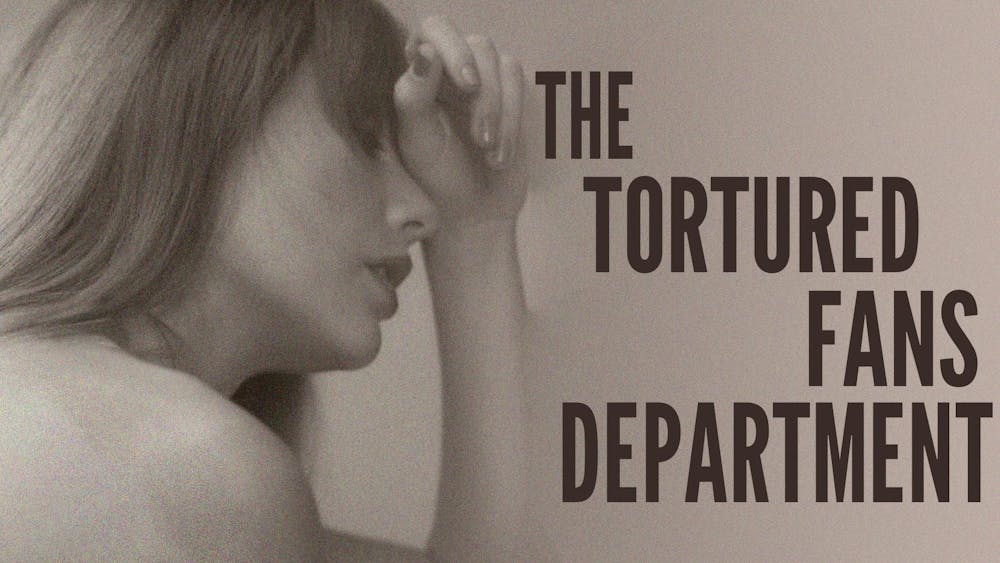The Showtime period drama “Masters of Sex” is based on the real life Dr. William Masters (Michael Sheen) and Virginia Johnson (Lizzy Caplan), who conducted groundbreaking research on human sexuality at Washington University in St. Louis beginning in the late 1950s. The scope of their relationship soon moves far beyond simply being research partners, and the couple’s chemistry becomes the show’s emotional centerpiece. Equally interesting is how the show, which is two-thirds through its fantastic second season, is exploring issues of gender, sexuality and race in a manner unlike anything else currently on television. Show developer Michelle Ashford and the show’s writers use the context of repressed, post-war America — before “The Feminine Mystique,” before the March on Washington, before the Stonewall Riots — as the backdrop for its progressive ideology.
“Masters of Sex” does not approach the era from a broad historical sweep; rather, its history is rooted in the everyday. The show’s writing depicts the discrimination of the era through characters who experience it firsthand. What makes the show especially resonant and often disquieting is how it highlights forms of oppression that persist even today.
While Masters is a fairly standard prestige drama anti-hero — flawed, moody and sexually frustrated — Caplan’s portrayal of Johnson is revelatory. Johnson begins as Masters's secretary but soon becomes essential to the study’s operation and success. Despite this, her scientific contributions are repeatedly taken for granted. Further, she is constantly accused of being a “bad mother” due to her focus on work and open attitude toward sexuality. Television critic Alyssa Rosenberg argues that “the choices [Johnson] makes are a reminder that as easy as it is for men to waltz past laws and standards of decent behavior and still keep an audience’s respect, real and fictional women alike face much higher standards.”
While gay people were often invisible in the 1950s, “Masters of Sex” makes these characters’ lives present on screen. Barton Scully (Beau Bridges), the provost of Washington University in St. Louis, is a closeted gay man who avoids intimacy with his wife of nearly 30 years, Margaret (Allison Janney). Margaret eventually realizes her husband’s sexual orientation and confronts him. Barton is deeply conflicted — he loves his wife deeply, but he is attracted to men in an era where homosexuality was still considered a mental illness. In this season’s premiere, he undergoes electroshock therapy and attempts suicide — some of the most heartbreaking moments I have ever watched on TV.
Likewise, Betty DiMello (Annaleigh Ashford), a former prostitute who married a pretzel magnate, is caught off-guard when her former lover Helen (Sarah Silverman) returns to St. Louis and wants to resume their relationship. DiMello insists she needs to stay in her marriage because it offers her a stable and conventional life. “It’s pathetic, Helen, we both like dresses, so we’re just going to have to buck up and do the right thing,” DiMello tells Helen. Both of these storylines are beautifully written and deftly explore the intricacies of being gay in a society where it is not accepted.
The show has also proved masterful in its depiction of race relations. After Masters and Johnson are kicked out of two different hospitals, they take their study to Buell Green, a “Negro” hospital. When an African-American newspaper reporter writes an unflattering profile of Masters, he threatens to publish fake findings that confirm stereotypes about black sexuality. To Masters, his reputation is worth falsifying and disseminating racist stereotypes. His boss, Dr. Hendricks, fires Masters from Buell, saying, “There’s nothing more dangerous than a desperate man.” In this and many other storylines, the show probes the abuse of power enabled by white privilege.
“Masters of Sex” is a brilliant show, with a stellar cast and superb writing. But what sets it apart from the onslaught of prestige dramas is how it uniquely grounds its modern approach to gender, sexuality and race in the setting of a past era. The show suggests a different approach to the period piece and one that elevates and elucidates the experiences of people of all backgrounds.














